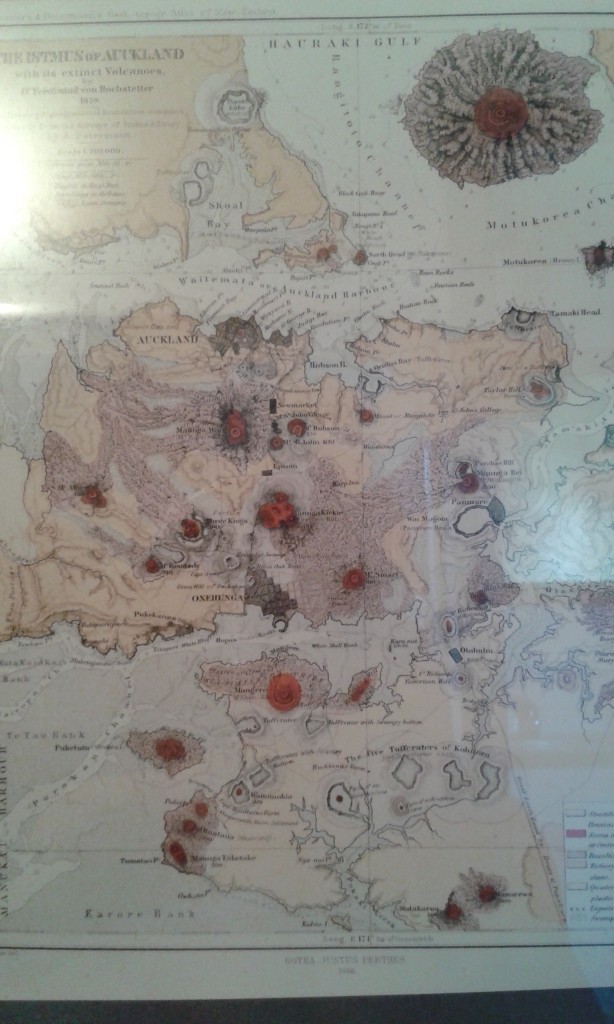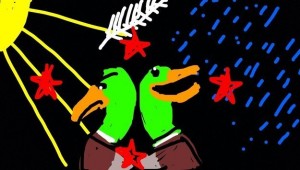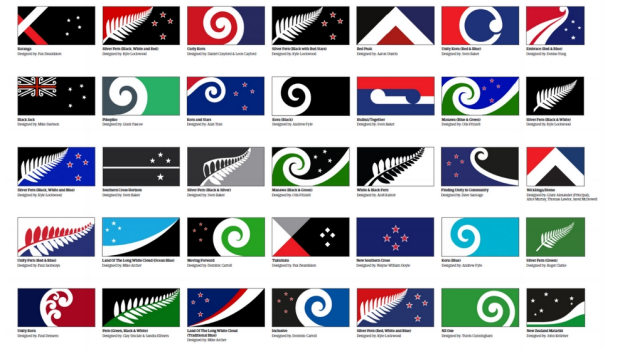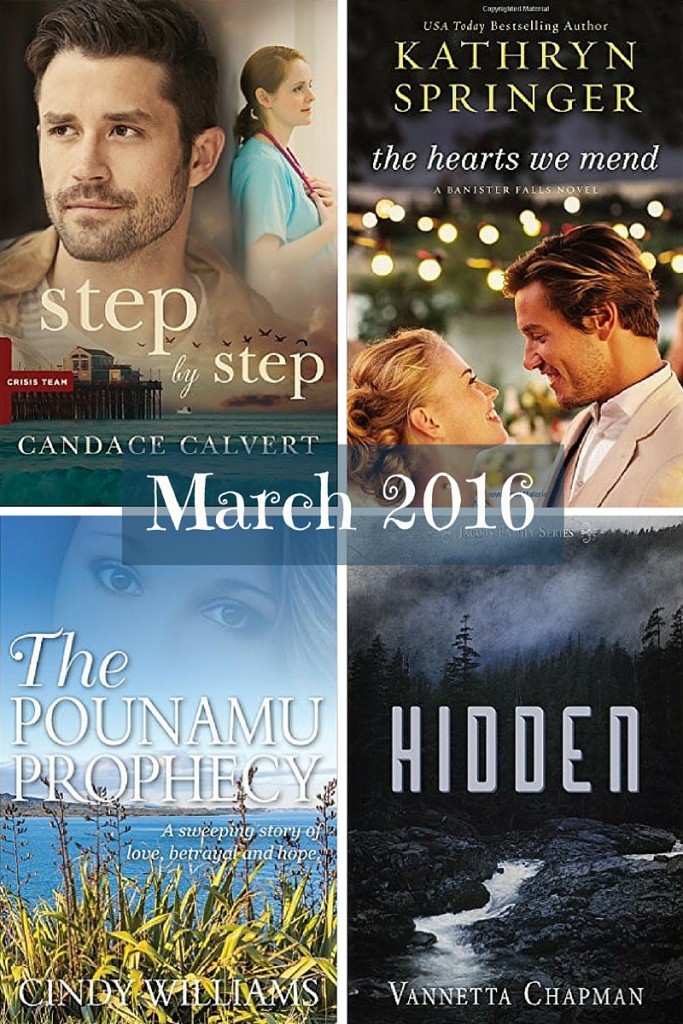The New Zealand Herald is one of New Zealand’s major daily newspapers.
Despite the name, it’s not actually a national paper (although it is available in most main centres). It’s actually the Auckland paper, distributed throughout the original province of Auckland—broadly, the top half of the North Island.
While Auckland isn’t New Zealand’s capital, it is our largest city, with a population somewhere over a million people. It’s a sprawling multicultural melting pot, with a significant indigenous Maori population as well as immigrants from all over the world. Some immigrants can trace their families back to the original pre-1840 English settlers, while others are more first generation immigrants from Asia, Africa, Europe, and the Pacific Islands.
This rapid expansion is causing Auckland problems, especially transport problems.
Auckland is a city built on and surrounded by water. The central suburbs are built on the narrow central isthmus between the Auckland and Mangere harbours. At the narrowest points, there is less than a mile between Mangere Harbour and one of the tributaries of Auckland Harbour.
This lack of space means the Southern Motorway is a daily carpark, and while the New Zealand Herald reports that more Aucklanders are taking public transport than ever before, options are limited and expansion is difficult. Train routes are constrained by the physical geography, and busses are subject to the same traffic problems as cars. Rush hour never stops.
Then there are the hills—which are actually dormant volcanoes. More than fifty of them.
For those of you who were wondering, dormant volcanoes are those which are likely to explode again in the next few hundred to few thousand years (as opposed to extinct volcanoes, which are properly dead). Each hill (or lake—there are two crater lakes in Auckland) is an obstacle the roads have to go around.

It’s estimated that Aucklanders spend twenty days a year stuck in traffic.
So it’s no surprise that many Aucklanders want to leave, to live somewhere with a little less traffic, where they can drive at more than 15 kilometres per hour (roughly 10 miles per hour), and where the average family can afford to live without having to be a dual income family simply to pay the mortgage.
Tauranga, it appears, fits the bill.
I agree. I live in Tauranga, and I love it. Each visit to Auckland convinces me again that I don’t want to swap sunshine for smog, or exchange our rush-ten-minutes for their rush-all-day. Yes, they’ve got lovely beaches, but so have we. And ours have car parks (well, except for when we’re hosting the national surf lifesaving championships).
Yes, they have the beautiful harbour and visiting cruise ships, but so have we. Yes, they have good schools and nice houses, but so have we (and our houses are cheaper).
I can see why Aucklanders would want to move here (hey, I did).
But not all of them, please. Because we’re a small city. Just 120,000 people. And we’re also built on water, which means we don’t have the space for all those Aucklanders.
New Zealand Herald, please don’t run more stories about why Tauranga is a great place to live Share on X

So, New Zealand Herald, please don’t run more stories about why Tauranga is a great place to live.
We know.
And while we’re happy for the occasional Aucklander (or other immigrant) to make the move, we can’t take them all. And telling them about what they can’t have is only going to make them dissatisfied with what they do have.
Despite the problems, Auckland is still one of the best places in the world to live. The Economist Intelligence Unit ranks Auckland 10th. Global Finance says it’s 6th and management consultancy Mercer say it’s 3rd. But who’s arguing?
Please remind Aucklanders how good they have it in Auckland, and don’t mention they could have it better here.














